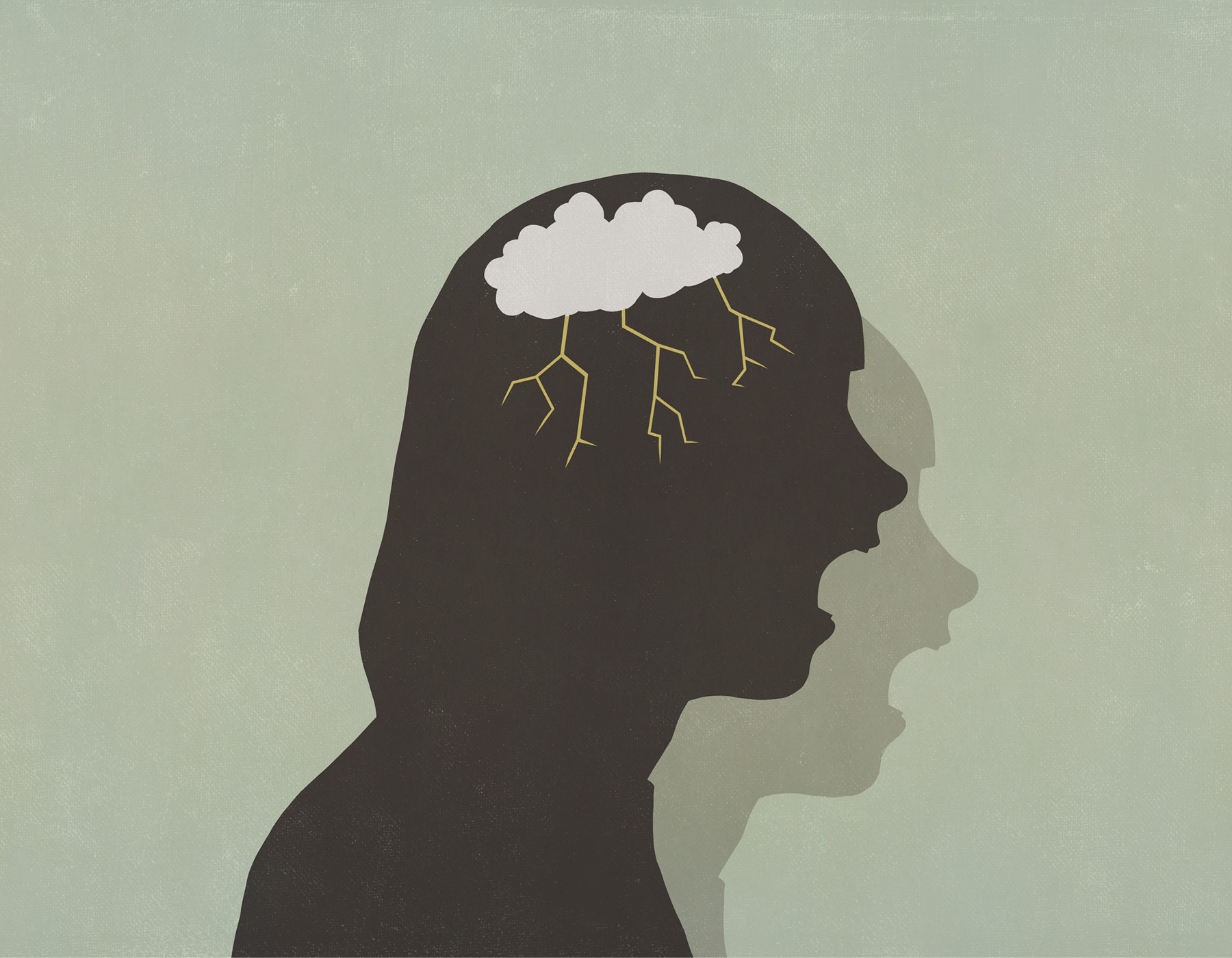How rejecting toxic masculinity can help you lead with balance

One of the core values I grew up with – instilled by my parents, friends and schooling – was feminism. It helped shape me on two levels.
The first is traditional and straightforward. Women should be treated equally. Employment, promotions and pay should not be stratified by gender, and the diversity of women’s experiences and perspectives should be celebrated.
The second is much more inward-looking. It’s how we – and I’m talking mostly, but not entirely, about men – view what has come to be known as our ‘feminine side’. Too often in our society, we celebrate the ability to ignore pain, fear and insecurity. We even tell men who expose their emotions to ‘man up’.
It’s a wrong-headed goal.
Narcissism and its effects
Increasingly, in my consulting work, I hear about leaders and co-workers who have narcissistic personality disorder. Men are more likely than women to have this disorder. According to the Mayo Clinic, "Narcissistic personality disorder is a mental health condition in which people have an unreasonably high sense of their own importance. They need and seek too much attention and want people to admire them."
They are manning up, so to speak, in all the wrong ways. They may lack the ability to care about others. They may also, privately, be unsure of their self-worth and be triggered by the slightest criticism.
Narcissism walks hand in hand with another phenomenon: toxic masculinity. According to the Anxiety and Depression Association of America, toxic masculinity has three core components:
Toughness: Men are strong, aggressive and emotionally hardened.
Anti-femininity: Men reject feminine traits, including most emotions, accepting help and domesticity.
Power: Men are worthy only if they have money, power, status and influence.
After mulling that over, I had an epiphany. The times when I tried to embrace toughness, anti-femininity and power were the times I was most out of sync. They also were the times I was failing – not in the sense of being unable to function, but in the sense of failing to align my actions with my core values. I was just … off.
Not only is the premise of toxic masculinity antithetical to my authentic self, but it is perhaps one of the reasons we live in such a polarized, increasingly crass society. The conduct we see all around us, from our leaders to our co-workers, is out of sync with the way we were intended to live.

The times when I tried to embrace toughness, anti-femininity and power were the times I was most out of sync.
The American psychologist and author Daniel Goleman has done groundbreaking work on emotional intelligence. Being able to recognize, understand and manage our emotions plays an enormous role in our success in the workplace and in life.
If we reject our emotions or ignore them entirely, especially if we think they’re a sign of weakness or – gasp! – femininity, we’re missing out on opportunities to connect, help and support others.
As the award-winning author Chimamanda Ngozi Adichie pointed out, "By far the worst thing we do to males, by making them feel they have to be hard, is that we leave them with very fragile egos."
Choosing authenticity
So why do we tolerate toxic masculinity? Why do we work with narcissists?
Often, we see no options. At home, the idea of finding a new social circle is daunting. At work, we depend on our job for continuity, we fear our skills won’t transfer, we consider ourselves too old or too young, we exhaust ourselves just hanging on. The days turn into months turn into years. We ride the roller-coaster.
And then, when a challenge erupts – a layoff, a divorce, a life-changing disease – we’re ill-equipped to handle it. Toxic masculinity tells us to close our world off, don’t talk about it and pretend we’re someone that we’re not. Be inauthentic.
I recently wrote a book about my journey with epilepsy, from the shocking diagnosis to the spirit-sapping treatment to recognition – and celebration – of my new life. Over the course of 15 years, I went through periods of deep introspection and raw emotion. Looking back, I realize that a big part of getting through it was by opening myself up completely.
The next time you face a challenging event, look in the mirror, smile and say to yourself, "Woman up."
Today, the most remarkable reactions to the book have come from readers who tell me they were struck by the vulnerability, honesty and humility on the pages. They didn’t expect it, and they connected with it.
So here’s a thought: The next time you face a challenging event, look in the mirror, smile and say to yourself, "Woman up."
Understand and accept your emotions. Embrace and nurture your relationships with others. Pay attention to ‘reading’ those around you. Be your real self.
Trust me, the people you really want to be around will reciprocate.